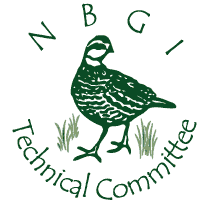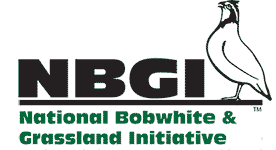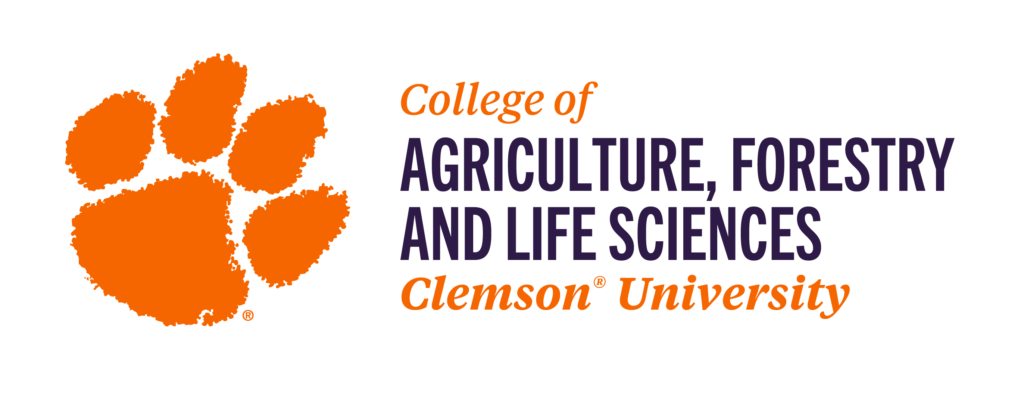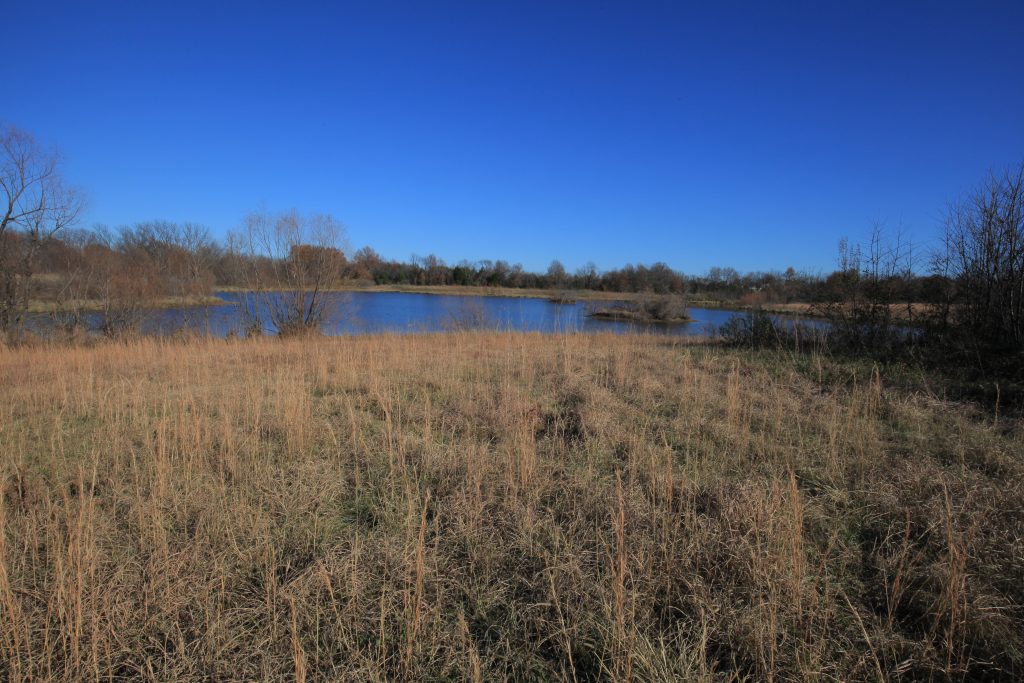
“Adoption of Natives First by USDA could be the single most important development in restoring bobwhites and declining grassland birds across their ranges. Establishing a native vegetation standard for public conservation money spent by USDA would be the game changer that finally tilts the playing field in favor of bobwhites and many other declining species on private lands.”
— Don McKenzie, Director, National Bobwhite Conservation Initiative
Natives First, the NBCI-led proposal to establish a native vegetation standard for the Conservation Title of the Farm Bill, took a significant leap forward recently. A letter from 20 national hunting organizations was delivered to Senator Michael Bennet (D-CO) and other key congressional offices of Members of the Senate and House Agriculture Committees expressing support for a native plant standard in the Farm Bill. An excerpt from the letter reads:
“To help restore declining upland game birds and other wildlife we propose that the Farm Bill direct USDA to adopt a standard for native vegetation that would apply to private conservation and
working lands, where feasible and appropriate. Such a standard should:
• be voluntary and non-regulatory;
• promote the adoption and use of native plants for most purposes;
• allow flexibility for using selected non-aggressive introduced plants that do provide habitat benefits; and
• prioritize financial assistance for native plants in new USDA program enrollments.”
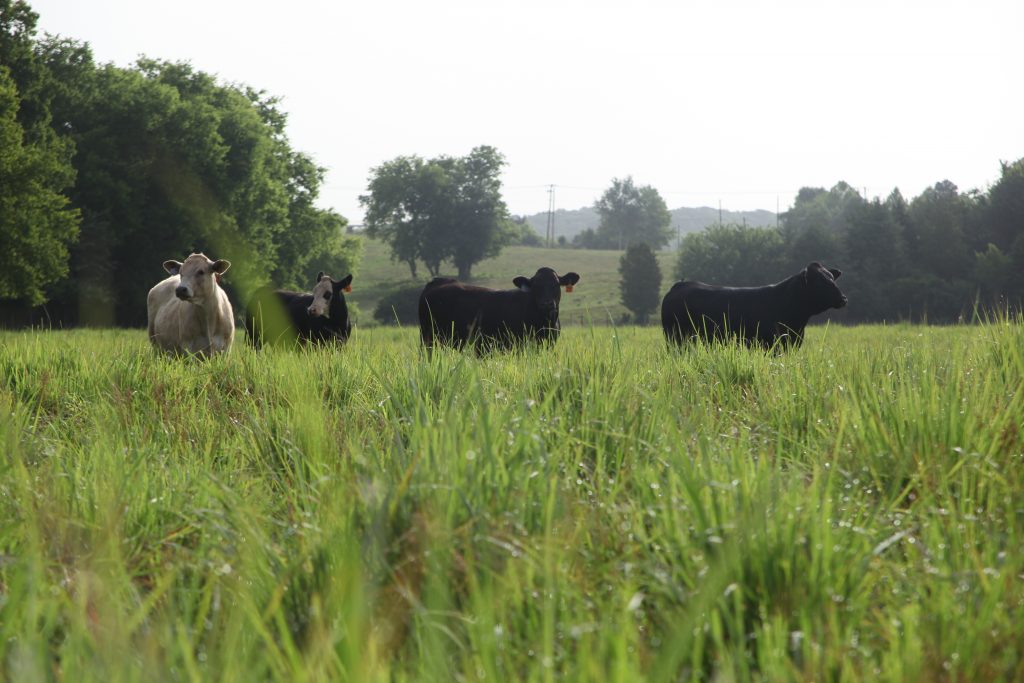
The sportsmen’s organizations were joined in their support by 21 other NGOs, private enterprise and industry organizations (see list below). Senator Bennet is drafting a grasslands marker bill to be introduced as part of the Farm Bill discussion. The letter was followed by calls with Senator Bennet’s office and staff of the Senate Agriculture Committee in which NBCI staff discussed the intent of the proposal and answered questions about why native vegetation was preferable over introduced species. At the request of the Senate Ag Committee staff we shared the Native Vegetation Advantage documents: Overview; Water, Soil and Air; Forage and Biomass; and Wildlife. In addition to Senator Bennet and the Senate Agriculture Committee staff, we are also sharing the letter with House Agriculture Committee staff and all agriculture staff of members that serve on the Agriculture Committees.
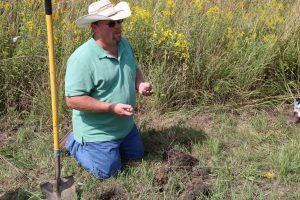
Of course, this is only the first step of a long journey to passage of the Farm Bill. Why is it important that preferential treatment of native vegetation become part of the next Farm Bill? One of the answers is to reverse the decline of grassland birds and pollinators, which is inextricably tied to the quality of grassland habitat. Another answer is that funding in the Farm Bill has the ability to create landscape-scale change impossible through any other means.
For example, in the years 2009 through 2014 the Environmental Quality Incentives Program (EQIP) enrolled an average of nearly 1.9 million acres annually. In 2014, it is estimated that 66% of the EQIP acres (1.25 million) were enrolled in introduced vegetation. While those enrollments do provide some soil conservation benefits, it is well documented that native vegetation can provide at the very least, equal soil conservation benefit but BETTER soil health, air quality and wildlife benefits. For all those additional benefits it then becomes an economic argument. Native vegetative cover provides more bang for your buck. It is the better taxpayer benefit.
In these early stages of the formulation and foundation of the next Farm Bill it is important that we garner bigger and broader support for the Natives First concept. Quickly.
That’s where YOU come in! Help us spread the word and build support! Help us educate! Many in the ag community are reluctant to support native vegetation simply because they are uneducated about its many benefits above and beyond those of introduced species. Others are under the misconception that all grasses are the same and don’t recognize the differences. Public education, Congressional education, industry education and institution education is needed.
We need your help. Please join the Natives First Coalition at: https://nbgi.org/conservation/natives-first/. Utilize the Native Vegetation Advantage documents NBCI has made available for your use (Overview; Water, Soil and Air; Forage and Biomass; and Wildlife). You can help spread the word about the benefits of Natives First through whatever communication platforms you have available, whether a website, a blog, a Twitter account, email “action alerts,” etc.
Please become an active participant and join with the following organizations to support Natives First, a native vegetation standard in the Farm Bill:
American Bird Conservancy
American Woodcock Society
Association of Fish and Wildlife Agencies
Bamert Seed Company
Boone & Crockett Club
Congressional Sportsmen’s Foundation
Dan Hill
Ernst Conservation Seeds
Izaak Walton League of America
Kansas Grazing Lands Coalition
Missouri Prairie Foundation
National Association of Forest Service Retirees
National Association of Invasive Plant Councils
National Bobwhite Conservation Initiative
National Wild Turkey Federation
National Wildlife Federation
North American Butterfly Association
North American Grouse Partnership
Oklahoma Invasive Plant Council
Park Cities Quail
Pheasants Forever/Quail Forever
Placedo Prairie
Prairie Moon Nursery
Quail Coalition
Quail and Upland Game Alliance
Quail and Upland Wildlife Federation
Quality Deer Management Association
Roundstone Seed
Ruffed Grouse Society
South Carolina Native Plant Society
Tennessee Native Plant Society
Tennessee Naturalist Program
Texas Wildlife Association
The Nature Conservancy
Theodore Roosevelt Conservation Partnership
The Pollinator Partnership
Union Sportsmen’s Alliance
Wild Sheep Foundation
Wildlife Forever
Wildlife Management Institute
Wildlife Mississippi
